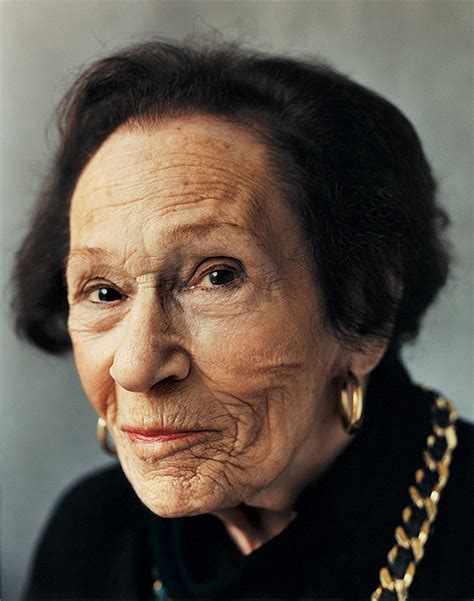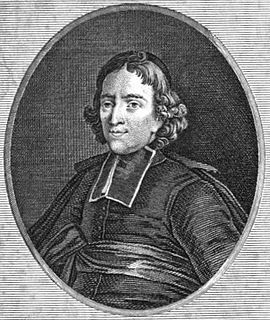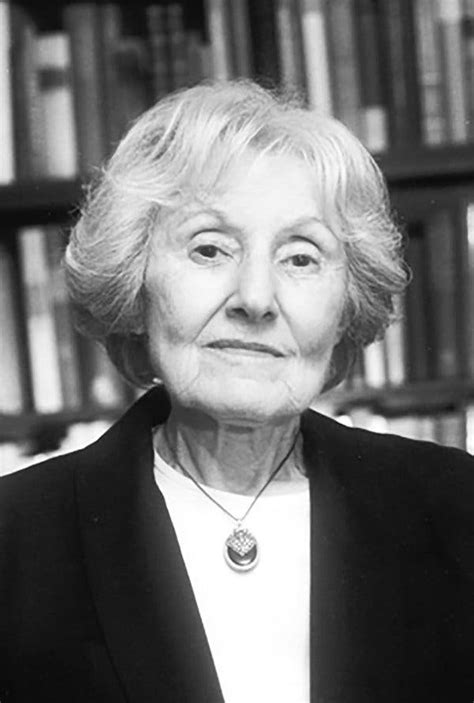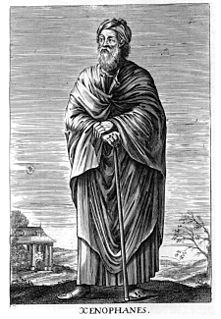A Quote by George Santayana
My atheism, like that of Spinoza, is true piety towards the universe and denies only gods fashioned by men in their own image, to be servants of their human interests.
Related Quotes
Poor humanity, to saddle the gods with such a responsibility and throw in a vindictive temper. What griefs they hatch for themselves, what festering sores for us, what tears for our prosperity! This is not piety, this oft-repeated show of bowing a veiled head before a graven image; this bustling to every altar; this kow-towing and prostration on the ground with palms outspread before the shrines of the gods; this deluging of vow on vow. True piety lies rather in the power to contemplate the universe with a quiet mind.
There is no God separate from you, no God higher than you, the real "you." All the gods are little beings to you, all the ideas of God and Father in heaven are but your own reflection. God Himself is your image. “God created man after His own image." That is wrong. Man creates God after his own image. That is right. Throughout the universe we are creating gods after our own image. We create the god and fall down at his feet and worship him; and when this dream comes, we love it !
We go to sea repeatedly from Melville's time on - and the image of men at sea, like the image of men in the wilderness, seems to me to be almost an archetypal image of human beings on their own, human beings making their own way, guiding themselves by the stars they can see - rather than by faith or prayer or invisible forces.
It is proper for every one to consider, in the case of all men, that he who has not been a servant cannot become a praiseworthy master; and it is meet that we should plume ourselves rather on acting the part of a servant properly than that of the master, first, towards the laws, (for in this way we are servants of the gods), and next, towards our elders.
Every reiteration of the idea that _nothing matters_ debases the human spirit. Every reiteration of the idea that there is no drama in modern life, there is only dramatization, that there is no tragedy, there is only unexplained misfortune, debases us. It denies what we know to be true. In denying what we know, we are as a nation which cannot remember its dreams--like an unhappy person who cannot remember his dreams and so denies that he does dream, and denies that there are such things as dreams.
Since it is possible that thou mayest depart from life this very moment, regulate every act and thought accordingly. But to go away from among men, if there are gods, is not a thing to be afraid of, for the gods will not involve thee in evil; but if indeed they do not exist, or if they have no concern about human affairs, what is it to me to live in a universe devoid of gods or devoid of Providence? But Gods there are, undoubtedly, and they regard human affairs; and have put it wholly in our power, that we should not fall into what is truly evil.
To discover the true principles of morality, men have no need of theology, of revelation, or of gods. They need but common sense. They have only to look within themselves, to reflect upon their own nature, to consult their obvious interests, to consider the object of society and of each of the members who compose it, and they will easily understand that virtue is an advantage, and that vice is an injury to beings of the species.
An irreligious man is not one who denies the gods of the majority, but one who applies to the gods the opinions of the majority. For what most men say about the gods are not ideas derived from sensation, but false opinions, according to which the greatest evils come to the wicked, and the greatest blessings come to the good from the gods.
The Marxist combination of materialism and determinism is fatally anti-humanistic. It denies a consciousness, a mind, that is independent of material conditions and class relations. It denies a will and volition that are capable of shaping the course of history. It denies an individuality that is not reducible to class. It denies both the idea and the reality of freedom, a freedom that is something more than the "bourgeois" freedom to buy and sell. It denies a morality that transcends class interests. And it denies the spirituality of man.
During the youthful period of mankind's spiritual evolution human fantasy created gods in man's own image, who, by the operations of their will were supposed to determine, or at any rate to influence, the phenomenal world. Man sought to alter the disposition of these gods in his own favour by means of magic and prayer.






































